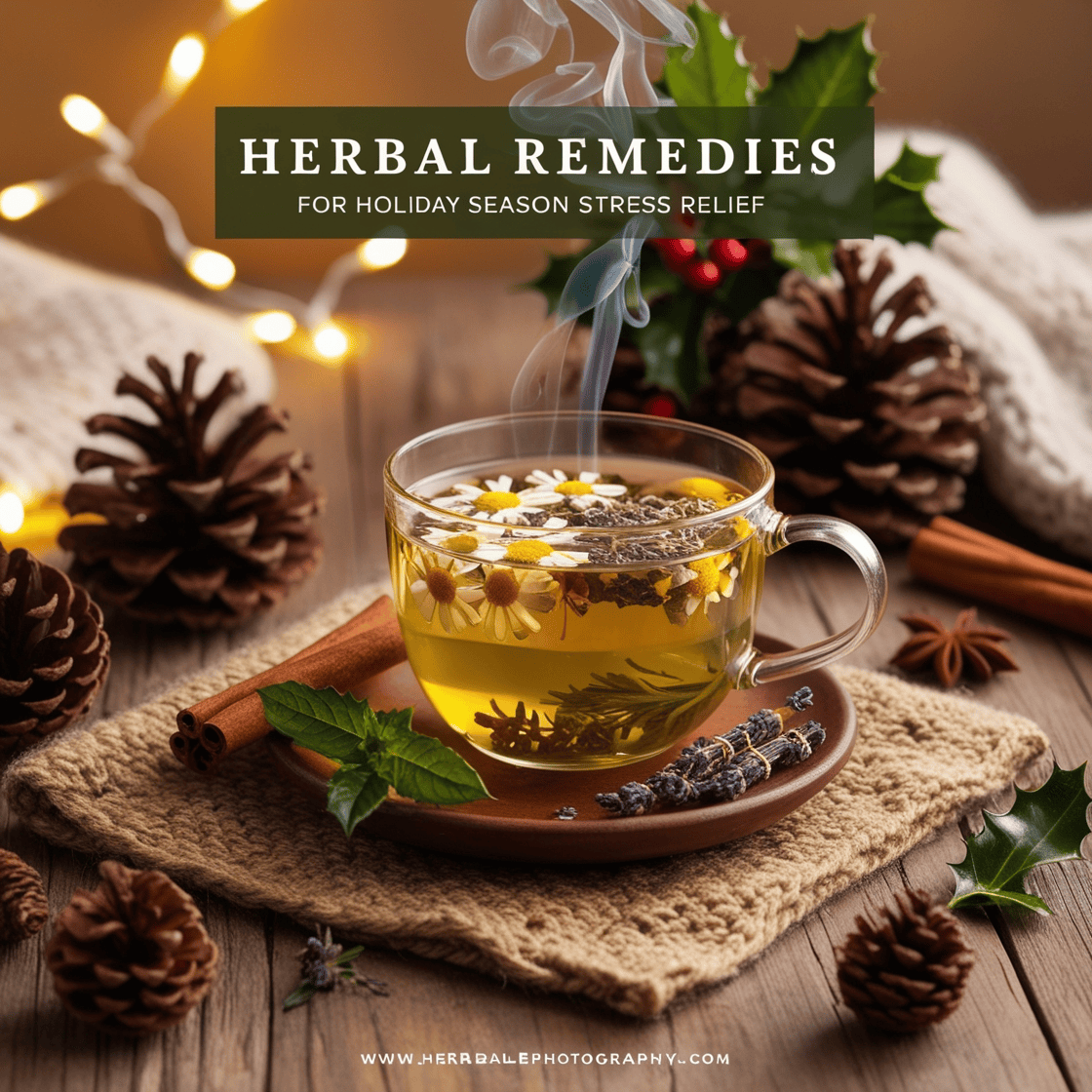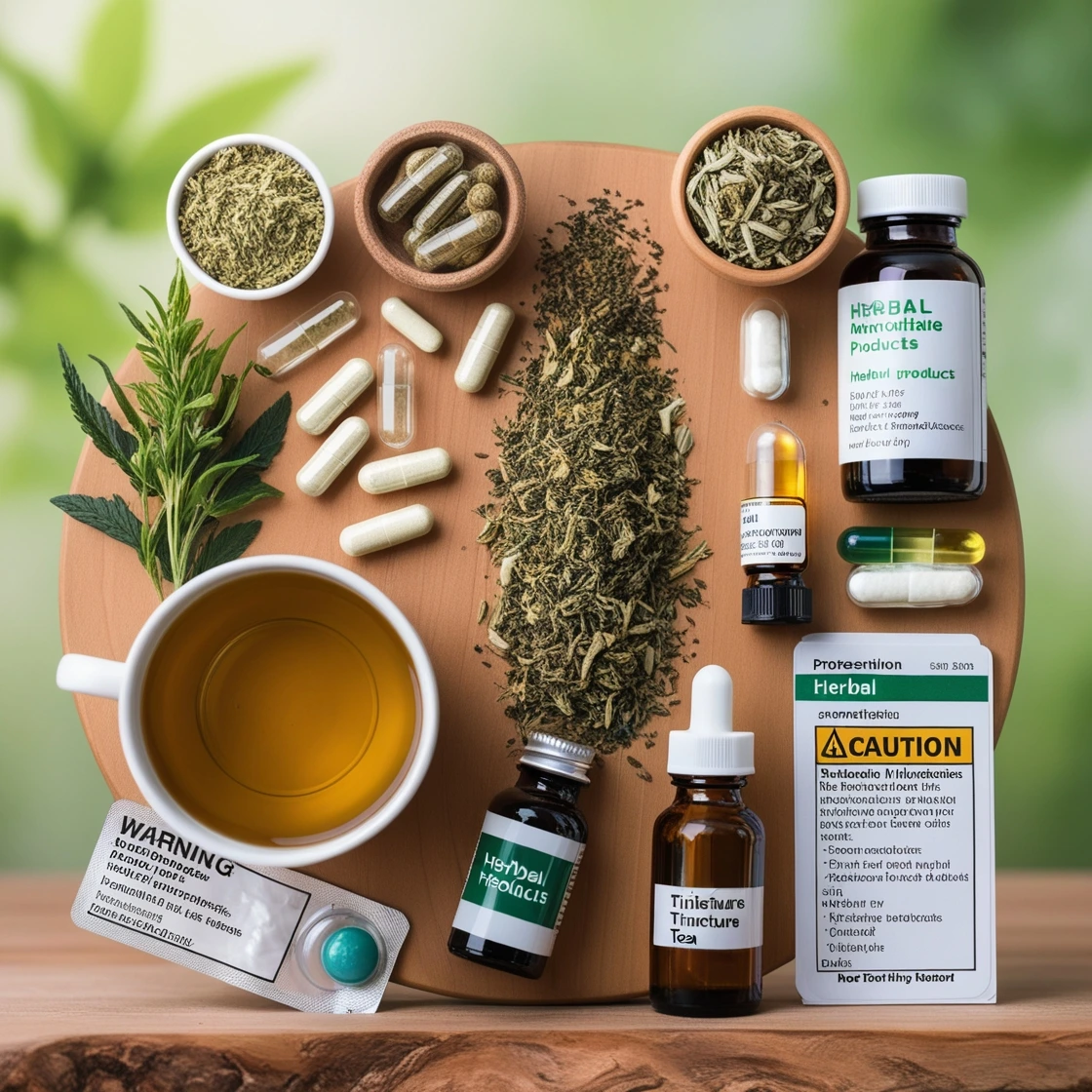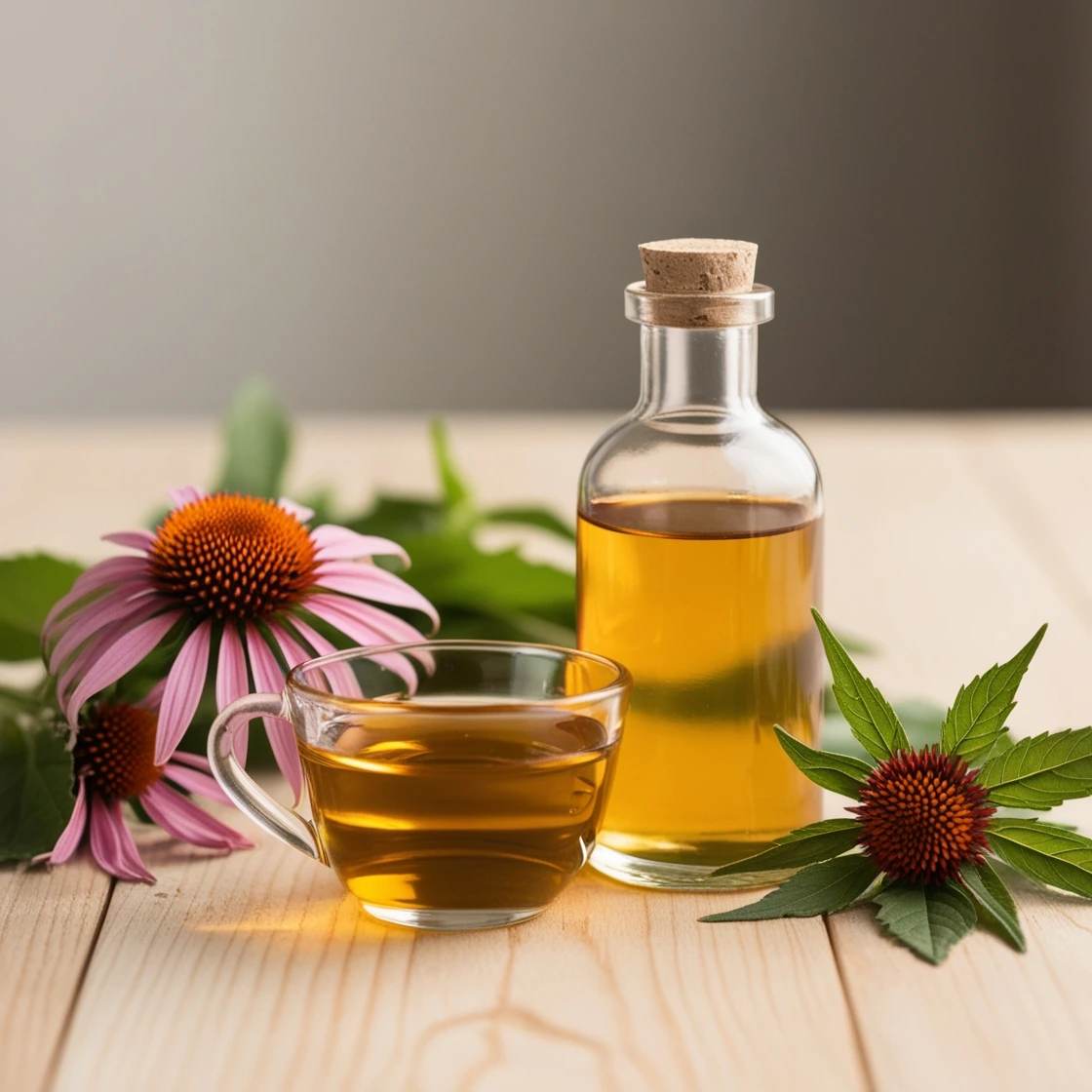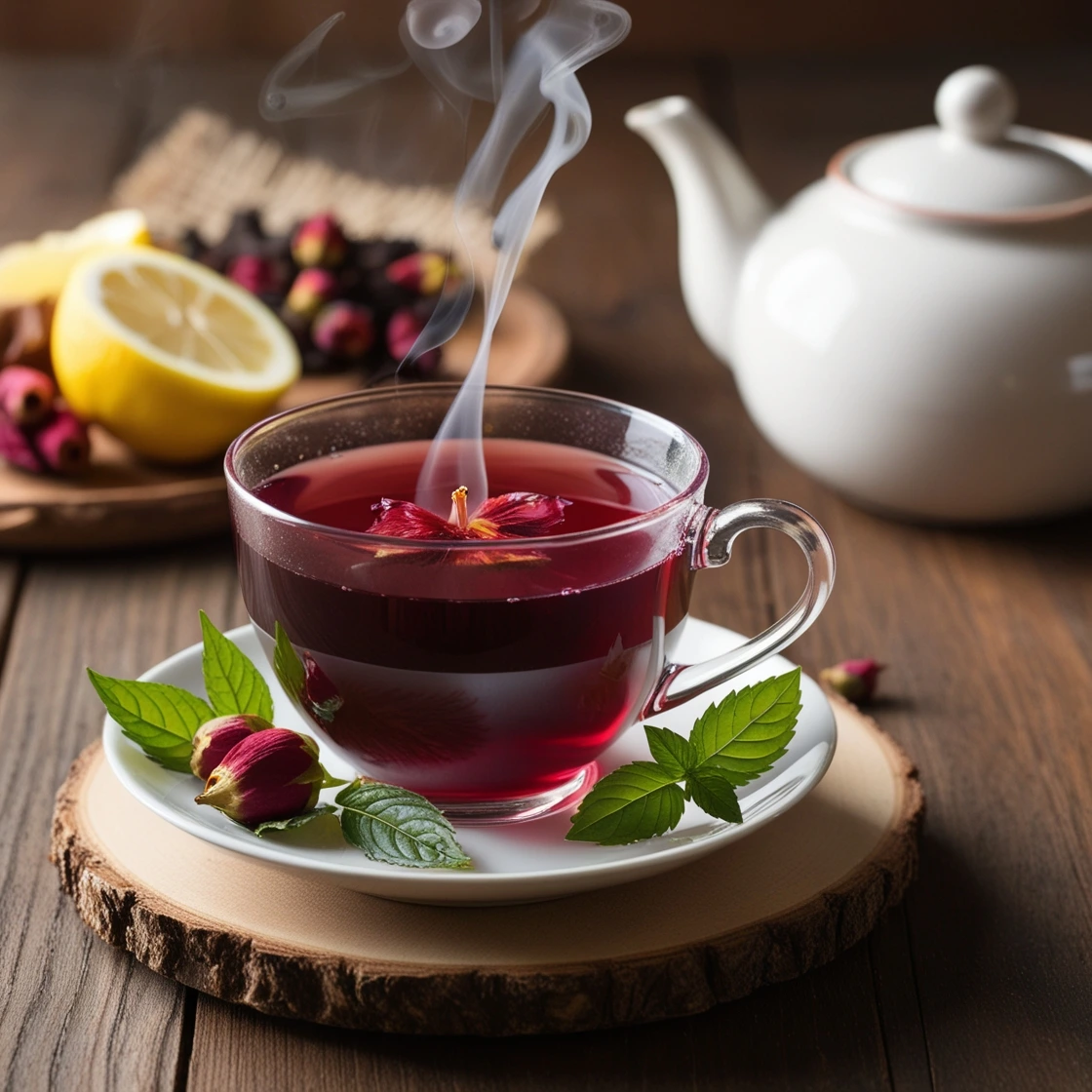Introduction:
Are Herbal Products Safe to Take?
Herbal products have been used for centuries around the world for treatment of several ailments in various traditional medical practices around the world. Although generally considered to be safe and well tolerated by many, they are not devoid of side effects. Consumption of herbal products also carries risks if not done safely and as directed. This blog post provides an in-depth guide to side effects of herbal products, herbal products reacting with regular medications, regulation and approval, advantages vs. disadvantages, and ways to use herbal products safely.
What Is Considered a Herbal Product?
The FDA states that herbal products include herbs and herbal components such as leaves, stems, flowers and seeds, extracts, teas, essential oils. According to the FDA, finished herbal products like capsules and tablets also comes under this category. Despite the fact that herbal products are consumed for their therapeutic effects related to several health conditions and are often sold as dietary supplements rather than pharmaceutical drugs, they still perform pharmacological actions, and should be used following consultation with a medical practitioner.
The World Health Organization (WHO) in its 2004 WHO Guidelines on Safety Monitoring of Herbal Medicines in Pharmacovigilance Systems there has been a rapid increase in the use of herbal medicine across the world with a large number of people now turning to herbal products for addressing a wide variety of health issues.
With herbal products now being available not only in drug stores but also in supermarkets, it is estimated that as many as 4 billion which is about 80% of the global population, living in developing countries are now depending on herbal medicinal products as a primary sources of healthcare.
Are Herbal Products Always Safe?
With a global surge in the use of herbal products and medicines, issues related to their safe usage and potential side effects are becoming more prominent. Despite, some herbal remedies are considered to be safe and effective in treating certain health issues and are widely used, a large number of them remain untested. Moreover, lack of quality control, inadequate labelling, and the absence of appropriate patient information, has further compromised the safety of herbal products.
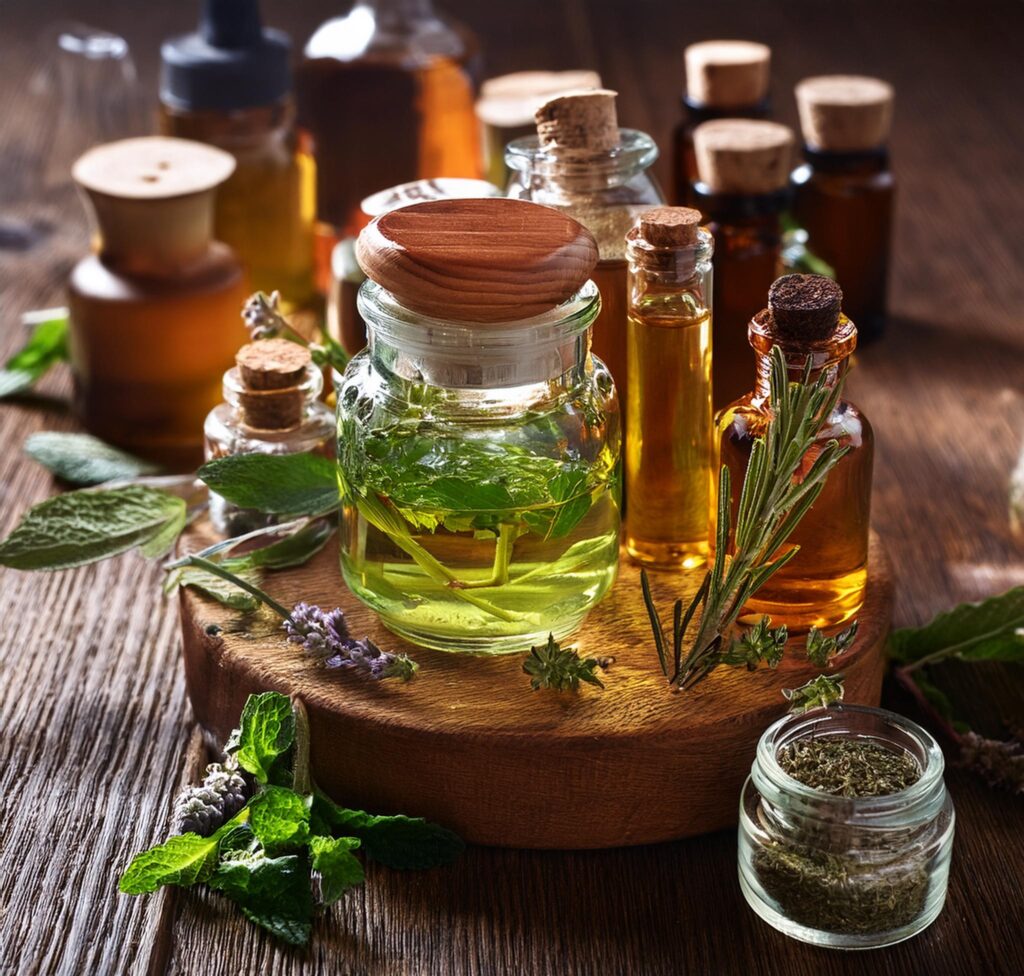
What is the Biggest Danger of Herbal Drugs?
Despite being generally safe, herbal products are not totally devoid of side effects and potential side effects include interactions with regular medicines, nausea and headache as well as more serious complications although in rare cases.
Herb-Drug Interactions:
Herbal products can often interact with prescription and over-the-counter medicines which may adversely change the effects of the drug or increase the risks of adverse outcomes. It is crucial to ensure meticulous screening is required before you take herbal supplements along with regular over the counter medicines.

Toxic Contaminants in Herbal Products:
Research shows that in rare cases, herbal products were found to have toxic quantities of heavy metals such as lead and mercury. They were also found to be adulterated with uncontrolled pharmaceuticals. Despite being crucial for ensuring safe usage, quality control in cultivation of herbs, harvesting, processing and rigorous testing is not always fully standardized or properly regulated.

Variability in Potency and Content in Herbal Products:
There has been large scale variation in standardization of active constituents in commercial herbal products. This includes issues such as the actual herb content differing from what is stated on the product label. Experts say that there are several factors such as growing conditions, methods of processing and storage stability which impact the potency and consistency of herbal products from batch to batch.
How Long Do Herbs Stay in Your System?
The time for which herbs stay in your system varies depending on the specific herb you are using and how it is metabolized. While, some herbs may get removed from your system quickly, others may stay longer. It is crucial for you to be aware of how long a particular herb continues to remain in your system to avoid any adverse side effects or reactions with other medicines.
What Are the Side Effects of Chinese Herbs?
Chinese herbs are widely used in traditional Chinese medicine for treatment of various health issues. Even as they are considered to be effective by many, Chinese herbs can also lead to adverse side effects such as digestive problems, allergic reactions, and interactions with other medicines. Always remember to consult a doctor before using Chinese herbs to minimize the risk of potential adverse side effects.

What Herbs Interact with High Blood Pressure Medication?
Certain herbs, such as licorice root and ginseng, can interact with high blood pressure medication and cause dangerous spikes in blood pressure. It is essential to be cautious when using herbal supplements if you have high blood pressure and to consult with your healthcare provider before starting any new herbal regimen
What Herbal Supplements Should Not Be Taken Together?
You should keep in mind that there are some herbal supplements that should not be taken together as they can interact with each other which will result into harmful side effects. For instance, St. John’s Wort interacts with certain antidepressant. This dangerously increases the level of serotonin in your body. It is important to do comprehensive research into such potential interactions and consult doctor before you combine herbal supplements.
Is There Any Side Effects of Herbal Products?
Just like any other medications, some herbal products may also result into adverse side effects. These include common side effects such as digestive problems, allergic reactions, and interactions with other medicines. It is important to know the potential side effects and consult with a doctor before you start using herbal products.
What Are the Possible Reasons for Toxic Effects of Herbal Medicines?
There are several factors behind the toxic effects of herbal medicines. These include contamination, wrong dosages, and interactions with other medicines. Remember to buy herbal products from reputable sources, follow usage and dosing instructions carefully, and consult your doctor about any herbal supplements you are using top ensure that you do not suffer from any toxic side effects.
What Are the Examples of Herbal Drug Toxicity?
Research shows that herbal drug toxicity include liver damage caused by kava, aristolochia causing kidney damage, and heart issues resulting from using ephedra. These cases highlight the importance of being cautious when using herbal products and consulting with a healthcare provider before starting any new herbal regimen.
However, when sourced from trusted manufacturers abiding by good practices, the risks of suffering from adverse side effects are generally rather low for most healthy persons. But for pregnant and nursing women, children, elderly persons or those suffering from serious health issues are like to be more vulnerable and need to take extra precaution. Here are some of the additional factors at which you need to take a more in depth look.
How Are Herbal Products Regulated?
Herbal products in the USA are regulated differently than regular prescription and over-the-counter medicines by the Food and Drug Administration (FDA). At present, the FDA takes a “minimum regulatory oversight” approach since herbal products are classified as dietary supplements and not as drugs.
FDA approval for safety or efficacy is not required for herbal products for them to be marketed. However, manufacturers of herbal products are responsible for ensuring that they are safe before they are sold.
Action against an herbal product can be taken by the FDA only after it reaches the market and if it is found to be unsafe, adulterated or misbranded. In case of herbal products routine pre-market review and approval is not necessary.
It is not mandatory for manufacturers to register herbal products with the FDA nor is it compulsory to get permits to market them. But they must follow cGMP (current Good Manufacturing Practices).
A supplement facts panel is compulsory in product labelling. However, for health or drug claims substantive scientific agreement through published studies are needed.
Unlike regular medicines, regulation is more lax when it comes to herbal products. This has certain pros and cons for users. Well informed selection of herbal products from reputed manufacturers who follow established quality guidelines is recommended.

How Do You Know If A Herb Is Safe?
When you are choosing herbal products, you should consider the best practices to ensure that they safe to use and will not lead to adverse side effects.
It is important to use herbs from reputed manufacturers and to ensure that they are labelled with expiry dates. You should avoid those from unknown sources.
Always use standardized extracts and try to avoid loose or crude herb forms which vary greatly in terms of potency.
Consult with a medical professional well versed in botanical medicine if you are taking herbal products for medical reasons.
Consult third-party sites to research each herb so that you can understand its safety profile, proper usage and potential side effects.
You should start with lowest effective doses and gradually increase it based on the response. It is crucial to avoid exceeding maximum daily intake levels.
You should not stop or change prescription medications without consulting a doctor when using herbal products.
You should not use herbs which fall in the following high-risk categories unless under expert supervision. These include ma huang (ephedra), chaparral, comfrey, kava, germander, lobelia, pennyroyal oil, and especially silver weed (CACTUS).
It is crucial to follow safety guidelines to maximize benefits and reduce potential adverse side effects while using herbal product. Remember, no supplement, natural or otherwise, is totally without side effects for all people. Always, carefully monitor your response and stop using if you experience if you experience adverse side effects.
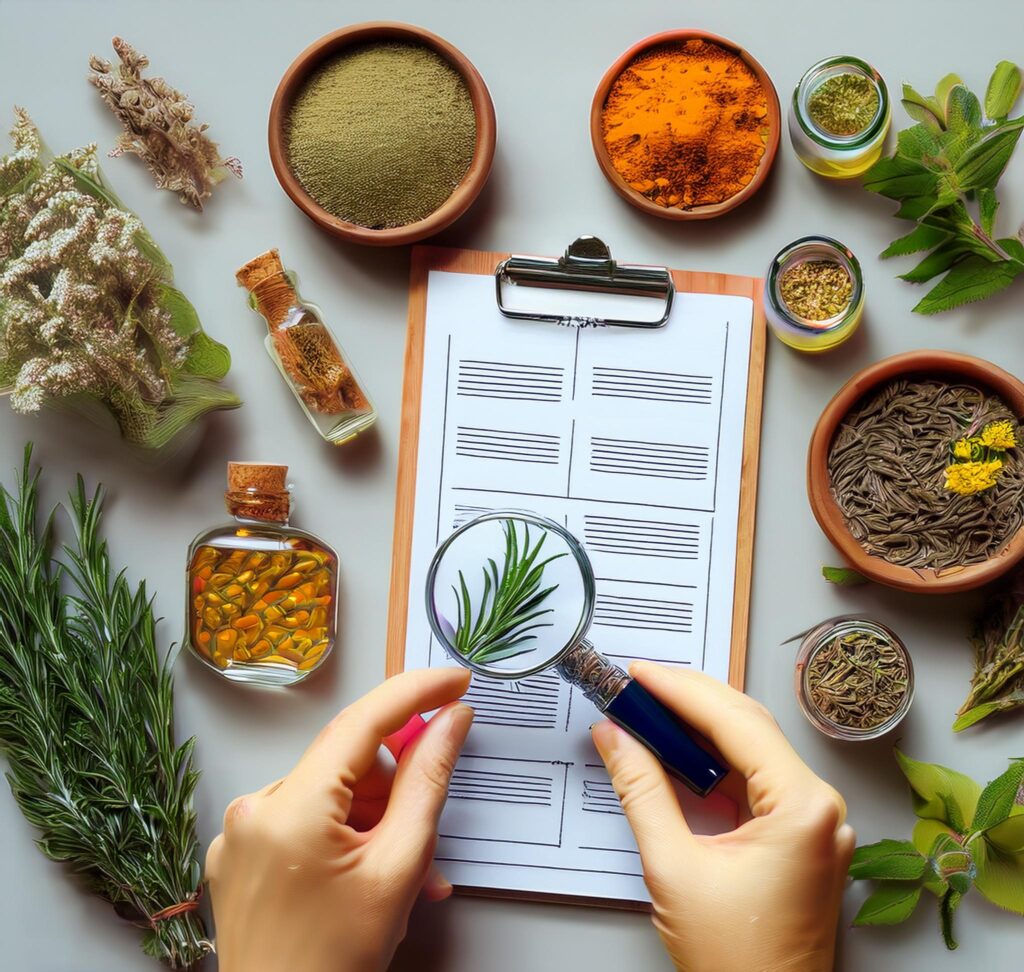
Who should avoid herbal products?
For certain at-risk populations, even commonly used herbs which are generally considered safe and well tolerated by most, may result into severe side effects or interactions. These higher risk groups include:
Pregnant/nursing women:
Many herbs can act as emmenagogues or which induces menstruation should be avoided. According to experts effects on the developing fetus are unknown for most herbs.
Young children:
Close medical supervision is required for dosage of herbal products when being used for children as safety tests are primarily done on adults.
Elderly adults:
The chances of herbal supplements reacting with medicines are higher as elderly people often take multiple medications daily. The functioning of the liver and kidney may also affect herb metabolism.
People with serious medical conditions:
Those suffering from diabetes, hypertension, kidney or liver ailments or taking organ transplant drugs are more likely to experience complications while using herbal supplements. For those belonging to the higher risk groups, a team-based integrative healthcare model is required.
Making an Informed Choice
Remember, just because it is plant-based and natural that does not always mean it is completely safe. Proper usage and dosing guidelines vary for each herb.
There are several therapeutic benefits of herbal products you should always take precautions when choosing, using and combining them with other natural and prescription drugs. With a thorough knowledge of their mechanisms and safety profiles, the users can safely enjoy the benefits of herbal products while safeguarding themselves from adverse side effects.
Conclusion:
Although, generally considered to be safe herbal products have often resulted in adverse side effects. Just because it is natural, it does not mean it is always safe. So, do your researches before you go ahead with adding any herbal product to your daily routine.

